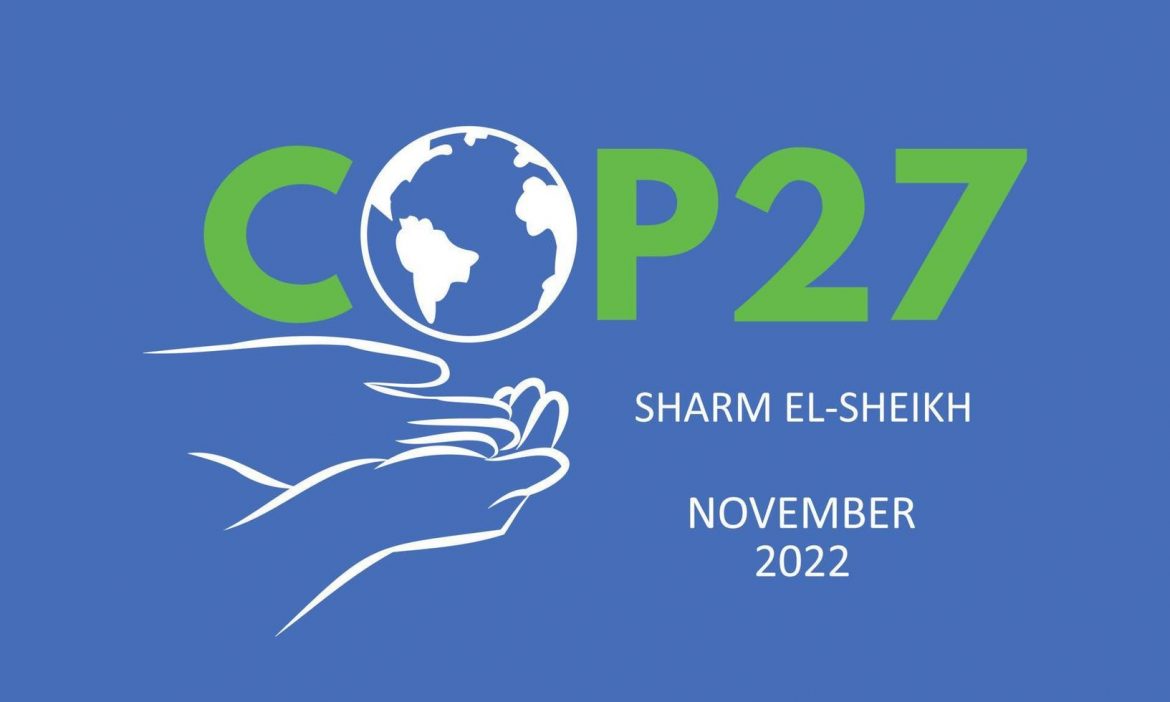Spokesperson of the Namibia Ministry of Environment, Forestry, and Tourism Romeo Muyunda has said that the ministry welcomes the decisions made at the recently concluded Conference of Parties on Climate Change (Cop 27).
The climate change conference took place earlier this month in Sharm El-Sheikh Egypt to negotiate on a wider range of issues, from global reporting on national climate change efforts and how to finance such efforts, MEFT spokesperson Romeo Muyunda said in an update statement.
“Namibia was represented adequately at both political and technical levels,” Muyunda said, as he highlighted some of the decisions Namibia is pleased with.
Muyunda said that one of the actions Namibia has praised is the historic breakthrough agreement on creating the first-ever dedicated fund for loss and damage.
He stated that the fund will assist developing countries with financial and technical support to rescue and rebuild the physical and social infrastructure of developing countries devastated by extreme weather events including climate-related emergencies, sea level rise, displacement, relocation, migration, insufficient climate information, and data, or the need for climate-resilient reconstruction and recovery.
Read also: Williams calls on rich countries, individuals to contribute to climate fund
Muyunda explained that new pledges, totalling more than 230 million U.S. dollars, were made to the Adaptation Fund at COP27, a small sum given the scale of the needs in developing countries, adding that despite efforts made on the financial pledges to the Adaptation Fund, the COP also urged developed countries to lay down a clear roadmap on mobilizing 100 billion U.S. dollars per year by 2024/5.
Muyunda further said that the decision to double adaptation finance was reached and COP called for urgency on developed countries to scale up and mobilize financial support to the developing countries to implement their nationally determined contributions (NDCs).
“The mitigation work program was established which aims to halve the current emissions by 40 to 50% by 2030 with the developed countries taking the lead,”he said. “It was also decided that the work program shall function in a manner that is consistent with the procedures and timelines for communication of successive NDCs established in the Paris Agreement, and that the scope of the work program should be based on broad thematic areas relevant to urgently scaling up mitigation ambition,”.
Story was adapted from Namibia Economist.
